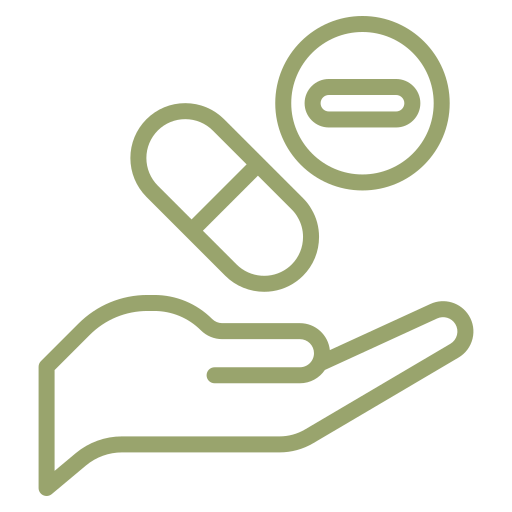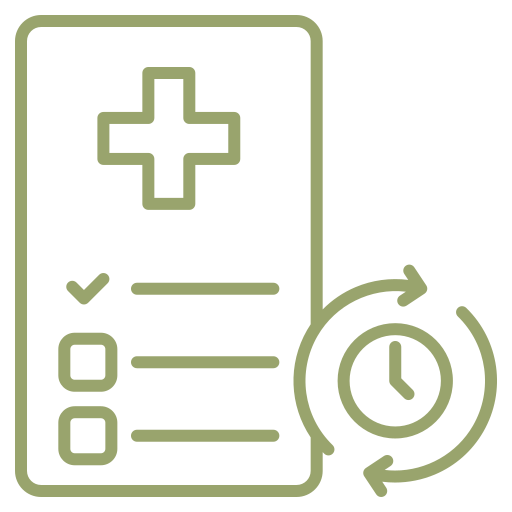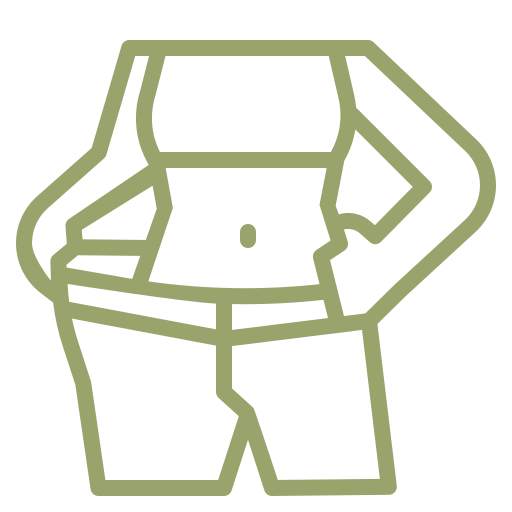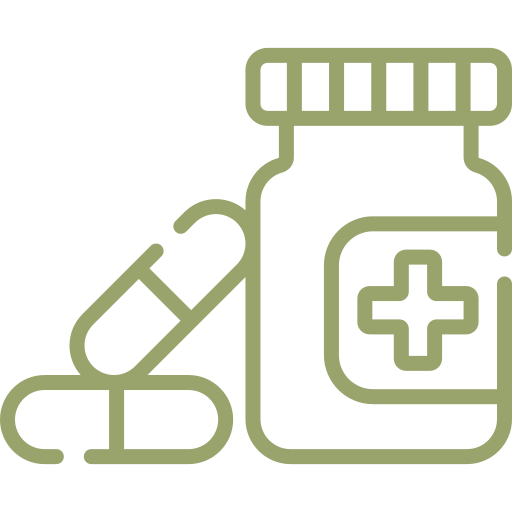Functional Medicine
Home / Functional Medicine
“ Functional medicine is medicine by cause, not by symptoms. Functional medicine practitioners don’t treat disease – we treat your body’s ecosystem. We get rid of the bad stuff, put in the good stuff, and because your body is an intelligent system – it does the rest. ”
— Mark Hyman, MD







